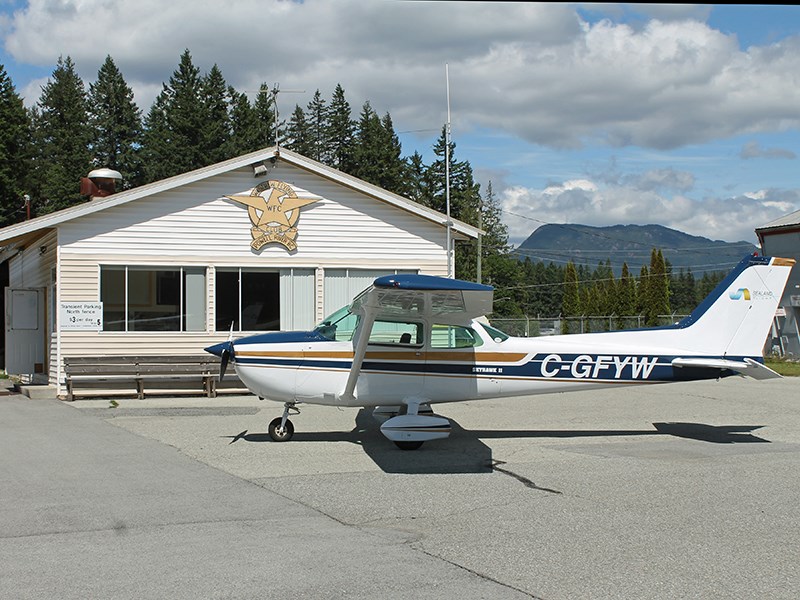A shortage of commercial pilots is affecting the airline industry worldwide, and the consequences are being felt right here in Powell River, according to Pacific Coastal Airlines president Quentin Smith.
The shortfall is hitting smaller regional carriers harder because large national airlines are luring pilots away faster than ever before. Traditionally, smaller carriers such as Pacific Coastal have been training grounds for larger airlines, said Smith.
“This has always been the case, but the attrition speed has increased enormously,” he added.
There are multiple reasons for the steep increase in demand, including many pilots nearing retirement age.
“The aviation industry globally is very strong right now and there’s definitely a desire by the larger carriers in Canada to grow and expand their network,” said Smith.
Airlines across Canada have dropped their experience requirements for new pilots and are spending more money on recruitment and training those recruits themselves.
Typical prerequisites for consideration by a national airline used to be upward of 5,000 flying hours. That has fallen substantially. Recent job postings at WestJet Encore only asked for 1,000 hours.
Smith said regional carriers are trying to come up with unique initiatives and ways to recruit and retain pilots.
“We’ve talked about doing cadet sponsorship where we help sponsor and fund somebody who wants to become a pilot with a commitment that they work for Pacific Coastal for a number of years,” said Smith.
Sealand Flight manager Nancy Marshall said it is definitely an employee’s market for those entering the industry today. The Campbell River-based company started offering flying lessons in Powell River last May.
“Usually when they just get started they’re scrambling for jobs,” said Marshall. “Typically, you’d start out moving freight and move up to small airlines. Now they’re just moving up really quickly.”
After a 20-year absence it is now possible to do flight training in Powell River, which is positive for the local flying community, according to Westview Flying Club president Brent Mckenzie.
“We were glad to help the Sealand flying school add training here, and that has been a great boost for Powell River locals,” said Mckenzie.
Local flight trainer Valerie Ferguson said she agrees that now is a good time to consider flying as a career option.
“When you see an industry that is crying out for people, it’s absolutely an industry you want to get into,” said Ferguson, who also teaches flight-instructor training. “We can do the initial teaching right up to the commercial rating right here in town now.”
The shortage is starting to affect the frequency of flights to smaller communities, according to Smith.
“In Powell River, until the end of February, we were running five flights a day and we’re reducing it to four,” said Smith.
An additional challenge on the horizon is proposed regulatory changes from Transport Canada aiming to reduce flight and duty time for pilots, according to Smith. Proposed changes do not take into account the vast differences piloting jobs can entail, he said.
“The biggest challenge is they’re trying to create a one-size-fits-all solution and that means the person who flies the 777 has the same flight and duty regulations as the person who flies back and forth to Powell River four times a day,” said Smith. “All that’s going to mean is we’ll need more pilots to do the same amount of flying.”
This will simply exacerbate the problems of pilot shortages for regional carriers, he added.
For the time being, Smith said his business prioritizes recruiting locally whenever it can.
“Our biggest success is there are a lot of people who desire to live on the west coast,” said Smith. “We’re really trying to focus on local community hiring, because we know the people in those communities are more likely to stay.”



